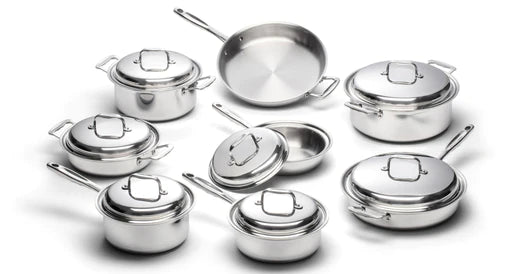Discovering whether the benefits of a vegetarian lifestyle will fit in with your household’s healthy eating habits requires serious consideration. You already choose to eat and offer foods prepared without excess fats and harmful additives, benefiting your overall health by concentrating their nutritional value. Will making the switch to an all-vegetarian diet increase these advantages, or will the restrictions be unbearable?
By understanding your own dietary expectations, and then acquiring information about the social and personal aspects involved, you can eliminate the guesswork in deciding if this type of lifestyle change is right for you and your family.

Health Benefits
The advantages to your overall health by becoming a vegetarian has been extensively studied, documented, and cataloged throughout recent years.
Just some of these amazing benefits include:
• Reduced risk of most cancers, especially colon and prostate
• Lessened risk of heart disease
• Lower blood pressure
• Decreased risk of diabetes
• Decreased instances of strokes
• Lessened cases of rheumatoid arthritis
• Reduced constipation
Disinterested groups have conducted these studies, and the findings have all indicated extremely beneficial health advantages in individuals who consume diets containing high levels of fruits, vegetables, and grains.
Social Implications
Oftentimes, people wonder whether the decision to become a vegetarian will affect social engagements such as dinner parties or restaurant dining. Although mainstream society has yet to make this change, people invariably respect others’ nutritional choices and requirements.
Many dining establishments recognize the growing vegetarian trend and offer an assortment of entrees designed for vegetarian lifestyles. Extended family members and friends will endeavor to provide delicious alternatives at gatherings, and you’ll be able to introduce new items that explode with healthy flavor.
The 360 Cookware Advantage
Your 360 Cookware is uniquely designed to heighten the flavors in vegetables without decreasing their high nutritional value through the cooking process, making it the best cookware for vegetarian lifestyles. The vapor seal technology enables you to perfectly cook vegetables and grains without excess fats, and provides an ideal method to concentrate flavors while maintaining their rich store of vitamins and minerals.
Levels of the Lifestyle
There are numerous levels in the vegetarian lifestyle, you must first determine your ultimate goal, and identify the areas that you want to alter. Most vegetarians realize that this change requires a dedication and commitment similar to athletic training, and therefore must be accomplished in stages.
No one would engage to run a marathon or begin lifting 200lb dumbbells without training beforehand. Athletes know that small steps must be taken first to condition muscles and acquire stamina, formulating a process to reach the intended goals. The same principle applies in becoming a vegetarian.
Personal Steps
Your current healthy eating habits weren’t achieved overnight, and the same thing is true with the decision to introduce a vegetarian lifestyle. Start by making minor changes and work up to your desired goals.
Begin by omitting pork and red meat completely from your diet, replacing these items with high protein substitutes, or simply start out with replacing meats in a few meals per week. Either way, this will allow your body to adjust gradually to the dietary changes you want to make.
Start small and make it fun. Try planning a veggie dip party, featuring a smorgasbord of scrumptious bean dips, hummus, or other varieties. Maybe a substitute Saturday night, where fabulous lentil stews and great breads are prominently showcased.
Creating a plan that can be implemented in fun steps will ensure that you reach your healthy eating goals.

